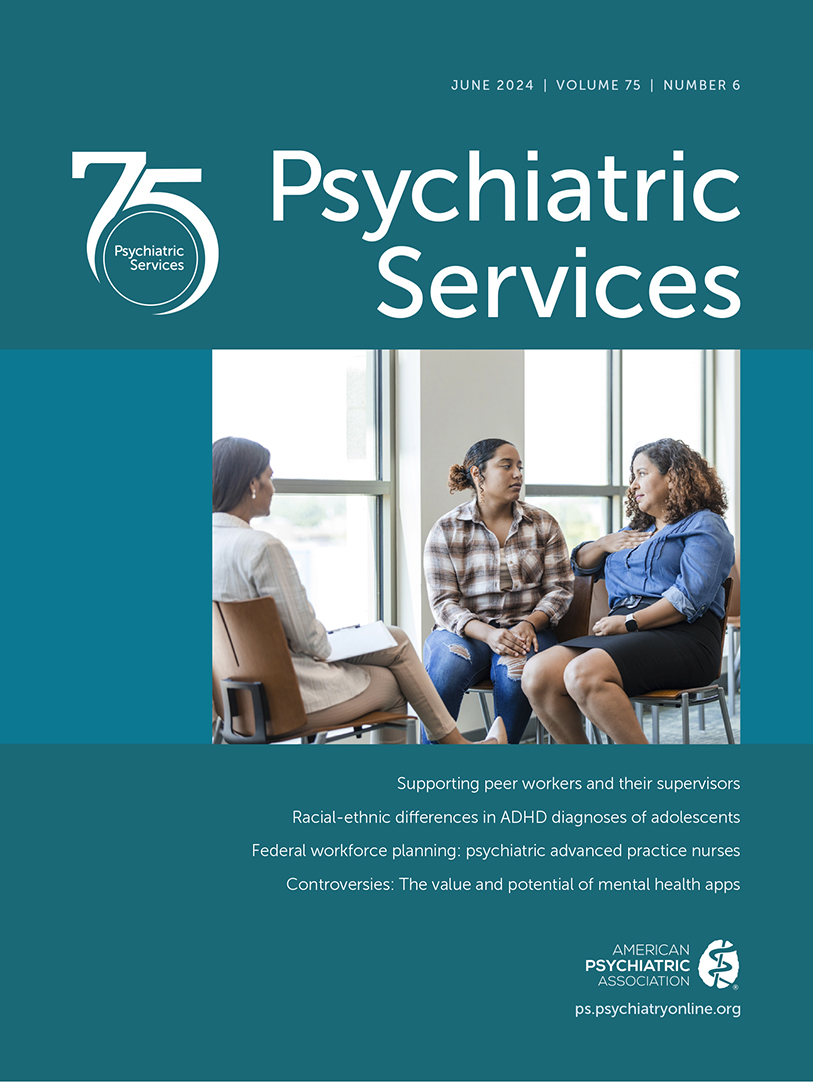Clinician Attitudes Toward Suicide Prevention Practices and Their Implementation: Findings From the System of Safety Study
Abstract
Objective:
The authors aimed to assess clinicians’ attitudes toward suicide-related practices and their implementation, across roles and settings, before implementation of the Zero Suicide model in a health care system.
Methods:
Clinicians (N=5,559) were invited to complete a survey assessing demographic characteristics; confidence and self-reported suicide-related practice; leadership buy-in; and attitudes toward suicide prevention, safety planning, and continuous quality improvement (CQI).
Results:
Of 1,224 respondents, most felt confident conducting suicide screening but less confident performing other suicide-related care. Provider role and care setting were significantly associated with confidence (p<0.001, Kruskal-Wallis H test) and practice (p<0.001, Kruskal-Wallis H test) of providing suicide prevention care, with behavioral health providers and providers in the emergency department (ED) reporting the highest confidence. Attitudes toward safety planning were more positive among women (p<0.001, t test) and behavioral health providers (p<0.001, F test) than among their counterparts or peers. Positive attitudes toward CQI were significantly associated with male sex (p=0.01), non-White race (p=0.03), younger age (p=0.02), fewer years working in health care (p<0.001), administrative role (p<0.001), working in the ED (p<0.001), outpatient settings (p<0.02), and medical provider role (p<0.001).
Conclusions:
Behavioral health providers and those in the ED reported feeling prepared to deliver suicide-related care, with nurses feeling less confident and less supported. Initiatives to improve suicide-related care should account for clinical role and care setting during planning. CQI could help engage a broader range of clinicians in suicide-related care improvements.
Access content
To read the fulltext, please use one of the options below to sign in or purchase access.- Personal login
- Institutional Login
- Sign in via OpenAthens
- Register for access
-
Please login/register if you wish to pair your device and check access availability.
Not a subscriber?
PsychiatryOnline subscription options offer access to the DSM-5 library, books, journals, CME, and patient resources. This all-in-one virtual library provides psychiatrists and mental health professionals with key resources for diagnosis, treatment, research, and professional development.
Need more help? PsychiatryOnline Customer Service may be reached by emailing [email protected] or by calling 800-368-5777 (in the U.S.) or 703-907-7322 (outside the U.S.).



